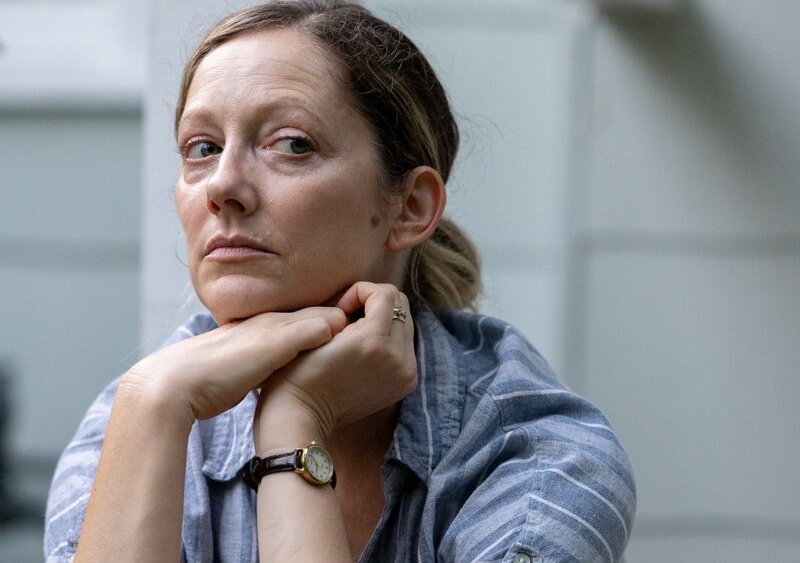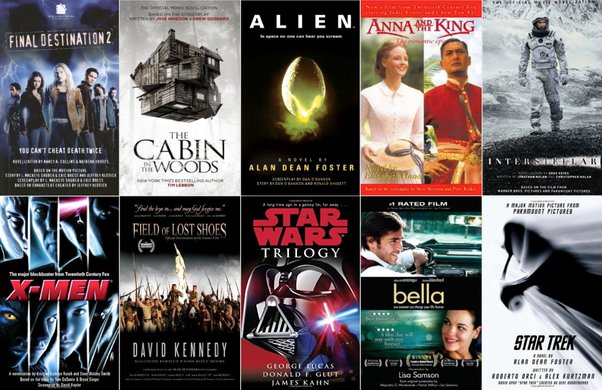Shooting of a school is a catastrophic event that is to take a film seriously, according to the definition, for a later dramatic dramaticness. He said, one of them is a right way to make. “Mass,” The 2021 Sunndens drama in which four parents gathered for a painful Catheric encounter session in a church antechaember (two of them were parents of the victim; two shooters were the parents of the two shooter), a film that ran on a delicate criterion. It was compact and beautiful, hard and illuminated.
,Eric laru“Directed by actor Michael ShannonA similar situation is built around the same situation, as it works towards a confrontation between the mother of a school shooter and the mothers of three classmates. But instead of dealing with the case, almost every scene is weighed with a free-flotting and sometimes anger infiltration with the Indy-film attitude.
Take the scene in which the genenis laru (Judy Greer), The shooter’s mother returns to work at the hardware-and-nockenac store, where she is a floor clerk. Jennis is so washed and sad that she rotates like The Walking Dead. (She has been in such a way since the shooting, which we gather a year ago.) Guns for sale in the store (handgun, rifle, you name it), and a customer (Jacob Alexander) is a major segment, which shows a level of aggression, which mostly seems to be a product of Telegraph’s screenplay, even if he does not have the department, even if he does not have the department, even if he does not do Is. Looking at the guns, he says, “Which of these advice will you give?” “Why?” She answers, she finds a question… load. “Okay, you know,” he says. “whatever.” He is largely skitish, yet what is in front and center is not a sense of view – this is its strange clarity. Simply put, it is so on-the-nose that it affects the reality test.
The same thing is true, in a different way, when Jennis goes to meet her pastor, Steve Kallan, Paul is played by Sparks with a strangely more self-interview. This pastor feels that he is a gift of God for life coaching, and the film never lets us forget it. His small thing does nothing to please Janis, but the only reason for this at the first time is that the film can find a novel way to make Christian rituals a trick. “Eric Laroo” has an appropriate amount of anomalial snarking. Jennis’s husband, Ron, is played as an unexpected laughter-over Alexander scarsgardAnd he is a Jesus Geek who is living on a separate planet from him.
Their emotional system is in the fact that they now belong to different churches. She first found the infamerial-worthy pastor Steve in the presbyterian, while on the Ron, Reader, Pastor Bill Verne (Tracy Lats) is in the throw, which is more of a cultured holy roller. Ron holds prayer meetings at the Human-Religion Manager of his office in the company of readyer, which was played by Alison Pill, such a bubbly Kudlabug (“Jesus Loves Hugs!”
There is some spatting for the fact that when Ron tries to stand for generation and being a traditional husband, he simply makes him aside. (If the film takes this fight more seriously, it can produce some sparks.) Judy Greer, an actor who has long revered you only shows you anger under the sluggish inactivity of Janis, although I want the character that the character was considered less as a human “typical” mid -American drone. When Jennis and Ron finally get down to talk about their son, Eric, and how he could kill his classmates, the film still finds a point of intimacy between them. “Jesus was with him!” Ron says. And when Jennis explains that Eric, after shooting, came back home and watched TV on the couch, Ron says, “Jesus was still with him!”
We keep hoping that it may be, when “Eric Laroo” is in the meeting of the parents’ summit of suffering and anger, it keeps talking, it will settled in some coonth and authentic. Instead, when Janis and two mothers finally meet, the emphasis is not on their words. It is a medical control eccentric pastor Steve, always interrupted with ideas such as, “I do not discuss forgiveness. They end them.” The script is by playwright Brett Nevo, who based it on his 2002 stage play, but Michael Shannon on Earth to staging the scene with three parents, to deal with the definition of an impossible situation, and flyweight Narisist to focus on the pastor? And where, by the way, the victims are the father? It is so strange that he has never mentioned.
The real climax comes after this, when Janis goes to meet Eric in jail. (This is the first time he has done so.) As Eric, actor Rashtra Rishi Henricason is getting a dense, deep-sounding Ashton Kachar-Ease-Norman Bates. After Eric describes a few minutes wisely describing the gel situation, Jennis says, “I am having a very difficult time.” And Eric says, with accusative coolness, “It’s a strange thing to say to someone in jail.” Perhaps this is the case, but this is an arrogant thing for such a young killer.
Eric claims to repent, and creates a large point of it. But he does not say this… from remorse. “Things got out of control in my mind,” he says, “and I spoiled.” But it does not explain anything. As long as Janis says, “I think why you did this … those women are disgusting, terrible women and their children were disgusting, terrible children,” we recognize what is going on – that she is trying to go all the way in a kind of sympathy for her – but at the same time it seems just that the film has gone from innings. A school-shooting drama does not require any one specific thing, but to ask the audience to sit through one, inherently, to promise some horrific insight. “Eric Laroo” is nothing, which is nothing.



